Day :
- Nutrition & Health
Location: Stockholm, Sweden
Session Introduction
Subhasree Ray
Reliance Industries Limited, India
Title: Eating mindfully at workplace: An insight
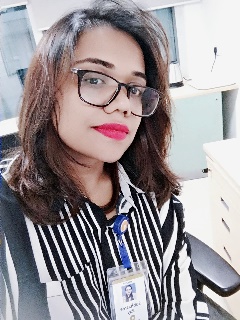
Biography:
Abstract:
Luke A Stanaway
Massey University, New Zealand
Title: Does acute supplementation with nitrate-rich beetroot juice benefit older adults’ more than younger adults?
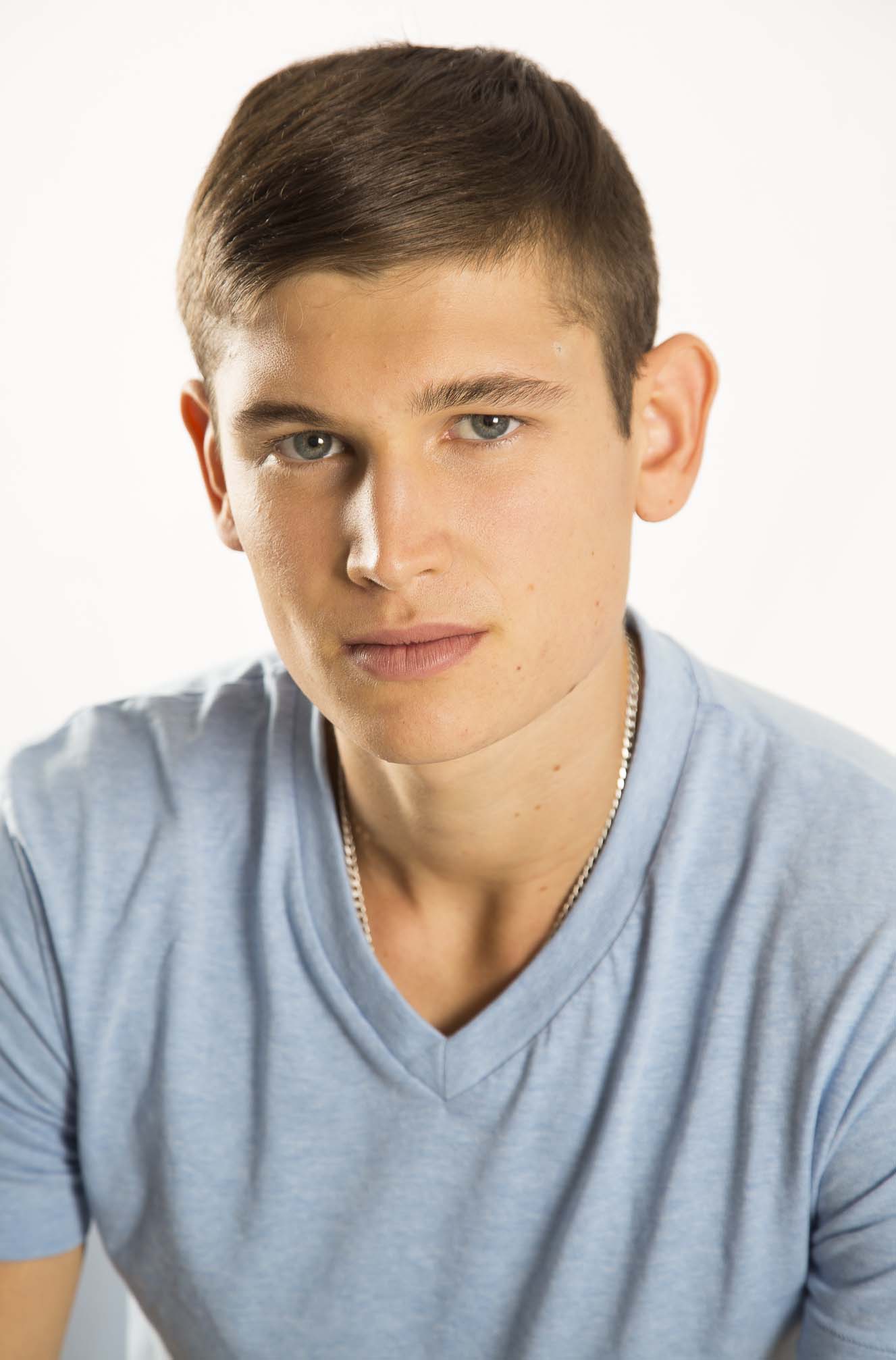
Biography:
Abstract:
Vani Srinivas
Astra Healthcare Private Limited, India
Title: Antioxidant effects of Indian spices on cancer prevention and recurrence
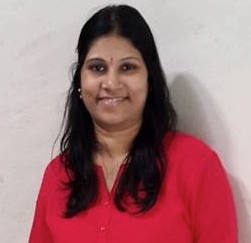
Biography:
Abstract:
Aisha Almulla
Tawam Hospital- Johns Hopkins Medicine, UAE
Title: Knowledge towards energy drinks consumption and related factors among young male athletes in the United Arab Emirates
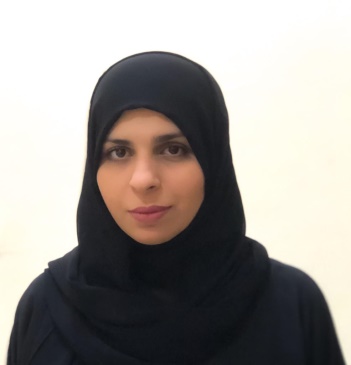
Biography:
Abstract:
- Food and Nutrition
Location: Stockholm, Sweden
Session Introduction
Ifigenia Giannopoulou
University of Brighton, UK
Title: Comparable acute effects of high intensity interval exercise and continuous exercise on fat oxidation and exercise enjoyment in overweight perimenopausal women
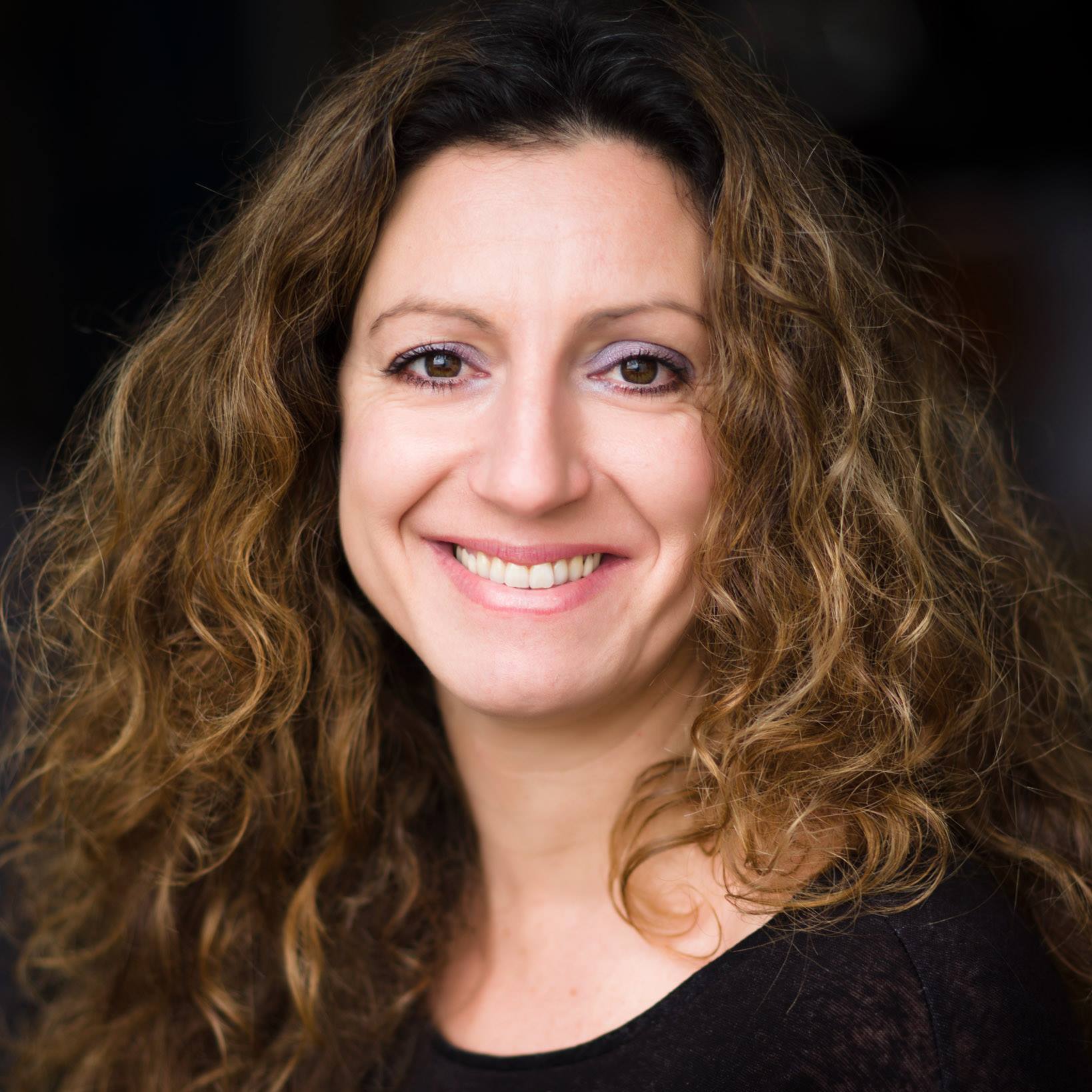
Biography:
Abstract:
Ana Gerlin Hernández Bonilla
The Nutriverse, Sweden
Title: The Nutriverse: A better world through nutrition
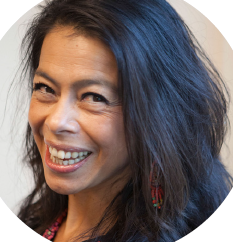
Biography:
Abstract:
Biljana Markovska
Hospital Plodnost – Bitola, Macedonia
Title: The benefits of early versus delayed oral food intake in patients with operations in gynecology and obstetrics
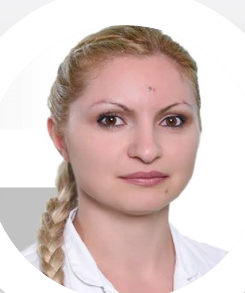
Biography:
Abstract:
Maria M Papamichael
La Trobe University, Australia
Title: The synergistic effect of vitamin D in pediatric asthma
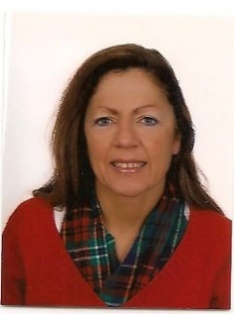
Biography:
Abstract:
